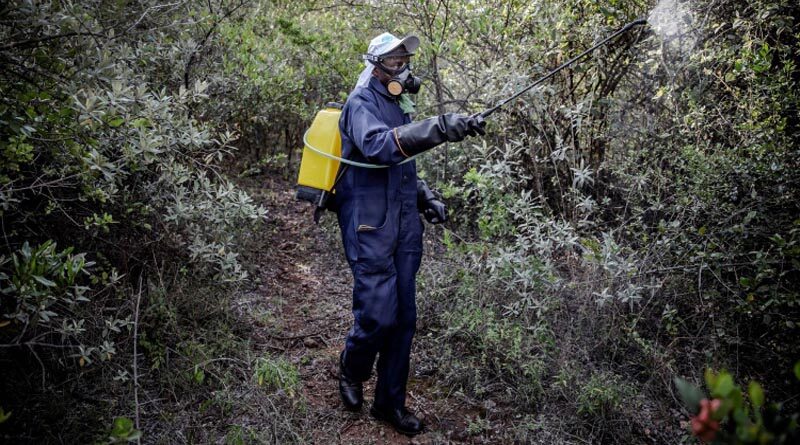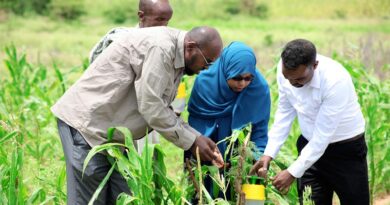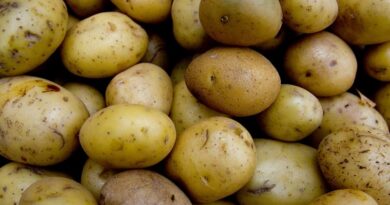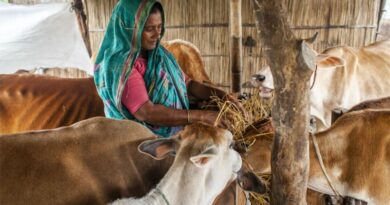FAO welcomes decision to mark International Day of Plant Health annually on May 12
30 March 2022, Rome: The Food and Agriculture Organization of the United Nations (FAO) has welcomed a UN decision to establish an annual International Day of Plant Health, an issue critical in addressing global hunger as plant pests and diseases cause massive crop losses and leave millions without enough food.
The observance, to be held every 12 May, was championed by Zambia and unanimously adopted by the UN General Assembly in a resolution co-signed by Bolivia, Finland, Pakistan, the Philippines, and Tanzania. The Day is a key legacy of the International Year of Plant Health, which was marked in 2020-2021.
The resolution sets out that healthy plants constitute the foundation for all life on Earth, as well as ecosystem functions, food security and nutrition, adding that plant health is key to the sustainable development of agriculture required to feed a growing global population by 2050.
“The International Day of Plant Health will be an opportunity to highlight the crucial importance of plant health, both in itself and as part of our One Health approach, encompassing human, animal and ecosystem health,” said FAO Deputy Director-General, Beth Bechdol. “It could not be more vital to make sure that we do everything we can to maximize the food resources our planet can provide.”
Pests and diseases cause huge losses
FAO estimates that plant pests and diseases cause food crop losses of up to 40 percent, and the damage they cause to agriculture exacerbates the existing issue of growing world hunger and threatens rural livelihoods. Protecting plants from pests and diseases is far more cost effective than dealing with plant health emergencies. Once established, plant pests and diseases are often impossible to eradicate, and managing them is time consuming and expensive.
“Sustaining plant health promotes food security and nutrition while protecting the environment and biodiversity, and boosting livelihoods and economic growth, in the context of global challenges, particularly climate change,” said Jingyuan Xia, Director of FAO’s Plant Production and Protection Division.
“Making the general public more aware of the role of plant health and the ways we need to act urgently to curb the risks of plant pests and diseases, as well as understanding how to restrict the spread of invasive pests will make a significant contribution to global food security,” said Osama El-Lissy, Secretary of the International Plant Protection Convention (IPPC).
Building on the achievements of International Year of Plant Health, the International Day of Plant Health has five specific objectives:
- Increase awareness of the importance of keeping plants healthy to achieve the UN 2030 Agenda, particularly SDG 2 (Zero Hunger).
- Campaign to minimize the risk of spreading plant pests through trade and travel, by triggering compliance with international plant health standards.
- Strengthen monitoring and early warning systems to protect plants and plant health.
- Enable sustainable pest and pesticide management to keep plants healthy while protecting the environment.
- Promote investment in plant health innovations, research, capacity development and outreach.
FAO works extensively to help curb the spread of quarantine and transboundary plant pests and diseases, which have increased dramatically in recent years. Globalization, trade and climate change, as well as reduced resilience in production systems due to decades of agricultural intensification, have all played a part.
Desert locust, fall armyworm, fruit flies, banana disease TR4, cassava diseases and wheat rusts are among the most destructive transboundary plant pests and diseases.















